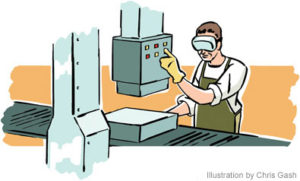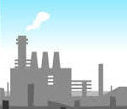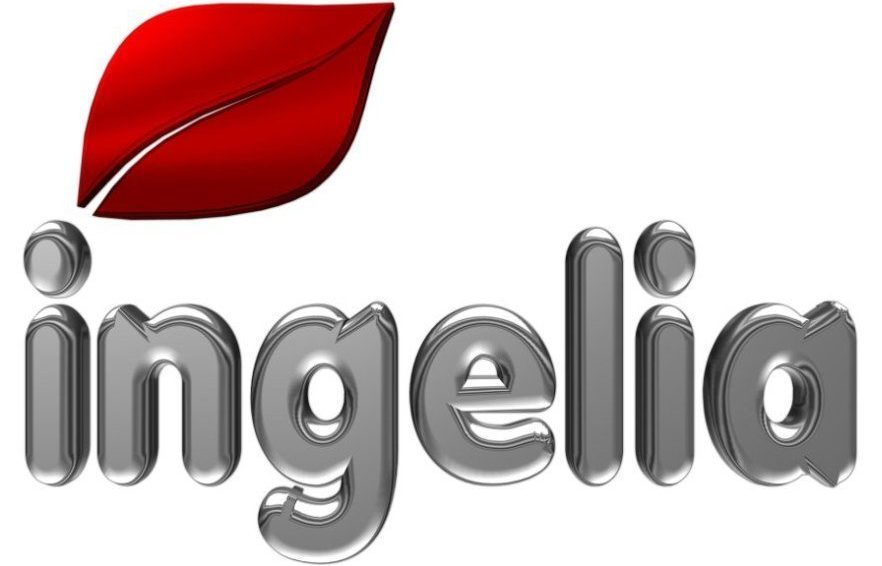Ingelia Business model represents a sustainable and attractive opportunity for a wide range of stakeholders involved in this new circular biorefinery concept:
Municipalities and municipal waste treatment companies.
 Ingelia proposes a solution for municipalities to achieve the EC target on waste recycling, reduce the treatment fees of 20-50%, avoid landfilling, and save money. Ingelia is able to provide a wide range of business solutions to municipalities, ensuring a biowaste treatment fee of 20-50% less than the EU average, keeping the HTC plant investment payback time of maximu 6.5 years. Municipalities will receive an additional benefit thanks to the direct circular application of the Ingelia end-products at local/regional level. Ingelia will dedicate important efforts to sensitize the citizens and all organic waste producers, improving the separated collection efficiency and the quality of the received material. This will bring to a higher biowaste recycling rate.
Ingelia proposes a solution for municipalities to achieve the EC target on waste recycling, reduce the treatment fees of 20-50%, avoid landfilling, and save money. Ingelia is able to provide a wide range of business solutions to municipalities, ensuring a biowaste treatment fee of 20-50% less than the EU average, keeping the HTC plant investment payback time of maximu 6.5 years. Municipalities will receive an additional benefit thanks to the direct circular application of the Ingelia end-products at local/regional level. Ingelia will dedicate important efforts to sensitize the citizens and all organic waste producers, improving the separated collection efficiency and the quality of the received material. This will bring to a higher biowaste recycling rate.
Wastewater treatment companies
 Thanks to the EU efforts to increase the deployment of the waste water treatment plant in Europe, now the massive production of waste water sludge is becoming a more and more urgent problem to solve for WWTC. The HTC has demonstrated to represent a solution for the extraction of vital elements from sewage sludge, producing a high quality char and liquid fertilizer suitable for different applications. Ingelia ensures the WWTC a reduced sewage sludge treatment cost, and proposes a tipping fee lower than 60 €/t, which is largely lower than the European average.
Thanks to the EU efforts to increase the deployment of the waste water treatment plant in Europe, now the massive production of waste water sludge is becoming a more and more urgent problem to solve for WWTC. The HTC has demonstrated to represent a solution for the extraction of vital elements from sewage sludge, producing a high quality char and liquid fertilizer suitable for different applications. Ingelia ensures the WWTC a reduced sewage sludge treatment cost, and proposes a tipping fee lower than 60 €/t, which is largely lower than the European average.
Food Industries
 Food industries benefits from the Ingelia model are related to the valorisation of high amount of sludges produced during the food and other organic materials’ treatment processes, like paper sludge, animal meet, milk, vegetables. The residues coming from the industry sectors would represent a high quality material for the Ingelia model. And the obtained products: Biocoal, and liquid fertilizer, could be sold on the market (e.g. steel industries, energy, farmers, etc..) reducing the plant payback time. Investing in an HTC plant to be integrated directly in the industrial process will mean to avoid sludge treatment, increasing the industry profits, and re-paying back the plant in less than 6.5 years.
Food industries benefits from the Ingelia model are related to the valorisation of high amount of sludges produced during the food and other organic materials’ treatment processes, like paper sludge, animal meet, milk, vegetables. The residues coming from the industry sectors would represent a high quality material for the Ingelia model. And the obtained products: Biocoal, and liquid fertilizer, could be sold on the market (e.g. steel industries, energy, farmers, etc..) reducing the plant payback time. Investing in an HTC plant to be integrated directly in the industrial process will mean to avoid sludge treatment, increasing the industry profits, and re-paying back the plant in less than 6.5 years.
A support to the Paris Agreement targets
 Ingelia concept will represent a great support for the achievement of the CO2 emission reduction target (40% at national level) established by the EC in 2015. Additionally, the project will contribute to increase the OFMSW recycling rate of 40% within 2050 compared to the data of 2000.
Ingelia concept will represent a great support for the achievement of the CO2 emission reduction target (40% at national level) established by the EC in 2015. Additionally, the project will contribute to increase the OFMSW recycling rate of 40% within 2050 compared to the data of 2000.
A business opportunity for Industries
 Industries could reduce the amount of fossil CO2 emission without affecting the annual cash flow, by replacing conventional fossil fuels with a biocoal green fuel, avoiding CO2 taxes and increasing the whole process sustainability. Additionally, the Ingelia concept will give these companies the opportunity to become a crucial part of the local and regional economy, providing direct benefits to the citizens.y for Industries.
Industries could reduce the amount of fossil CO2 emission without affecting the annual cash flow, by replacing conventional fossil fuels with a biocoal green fuel, avoiding CO2 taxes and increasing the whole process sustainability. Additionally, the Ingelia concept will give these companies the opportunity to become a crucial part of the local and regional economy, providing direct benefits to the citizens.y for Industries.
A new sustainable solution for Farmers
 Agricultural sector will receive double benefits from the proposed model. The produced sludges or digested manure could be processed at very low tipping fee, without drying needs. Afterwards, the produced liquid fertilizer could be given to farmers for free, or at very low cost, depending on the business model identified, while the Biocoal could be used to improve the soil quality and obtain better crops yield.
Agricultural sector will receive double benefits from the proposed model. The produced sludges or digested manure could be processed at very low tipping fee, without drying needs. Afterwards, the produced liquid fertilizer could be given to farmers for free, or at very low cost, depending on the business model identified, while the Biocoal could be used to improve the soil quality and obtain better crops yield.

 Castellano
Castellano English
English Ingelia model will bring health and economic benefits for the European Citizens. Thanks to the more efficient organic waste valorisation and the more sustainable treatment costs, municipal and regional waste taxes could be reduced and more efficient waste collection systems will be developed. The efficient waste collection system will improve the city’s life quality, landscape beauties, and safety. Additionally, avoiding the disposal of biowastes and sludges in landfills, or worst, in water streams, will bring direct benefits to the environment and to whom is living it every day.
Ingelia model will bring health and economic benefits for the European Citizens. Thanks to the more efficient organic waste valorisation and the more sustainable treatment costs, municipal and regional waste taxes could be reduced and more efficient waste collection systems will be developed. The efficient waste collection system will improve the city’s life quality, landscape beauties, and safety. Additionally, avoiding the disposal of biowastes and sludges in landfills, or worst, in water streams, will bring direct benefits to the environment and to whom is living it every day.